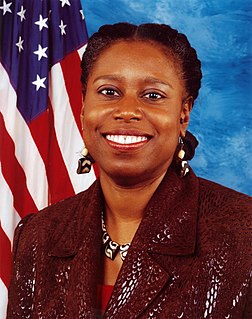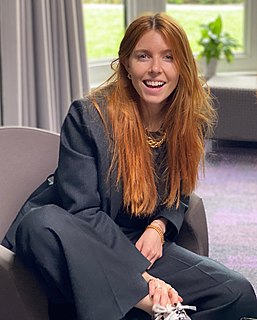A Quote by Lynn Nottage
I can't quite remember the exact moment when I became obsessed with writing a play about the seemingly endless war in the Democratic Republic of Congo, but I knew that I wanted to somehow tell the stories of the Congolese women caught in the cross-fire.
Related Quotes
I started, actually, as an analyst on African affairs, mainly on Al Jazeera. I remember the first few series were about Saudi students, and the negotiations between the government and the Sudanese rebels in the south. And then, slowly, I was speaking about Congo, Democratic Republic of Congo, Zimbabwe, Mozambique and a few other places.
Long before I became a feminist in any explicit way, I had turned from writing love stories about women in which women were losers, and adventure stories about men in which the men were winners, to writing adventure stories about a woman in which the woman won. It was one of the hardest things I ever did in my life.
I wanted to tell the story of these women and the war in the Congo and I couldn't find anything about them in the newspapers or in the library, so I felt I had to get on a plane and go to Africa and find the story myself. I felt there was a complete absence in the media of their narrative. It's very different now, but when I went in 2004 that was definitely the case.
People think they have taken quite an extraordinarily bold step forward when they have rid themselves of belief in hereditary monarchy and swear by the democratic republic. In reality, however, the state is nothing but a machine for the oppression of one class by another, and indeed in the democratic republic no less than in the monarchy.
I chose Congo in order to become close to a place that we had turned away from. It isn't present in our imaginations, in the stories we tell each other. Yet it's relevant to our lives and to our worlds, in a practical way. Congo supplies raw materials for the things that we use on a daily basis. We are intimately linked to Congo, economically. We're linked to it through human events that are occurring there, that affect all of us, and yet you don't find narratives of Congo present in our lives.






































